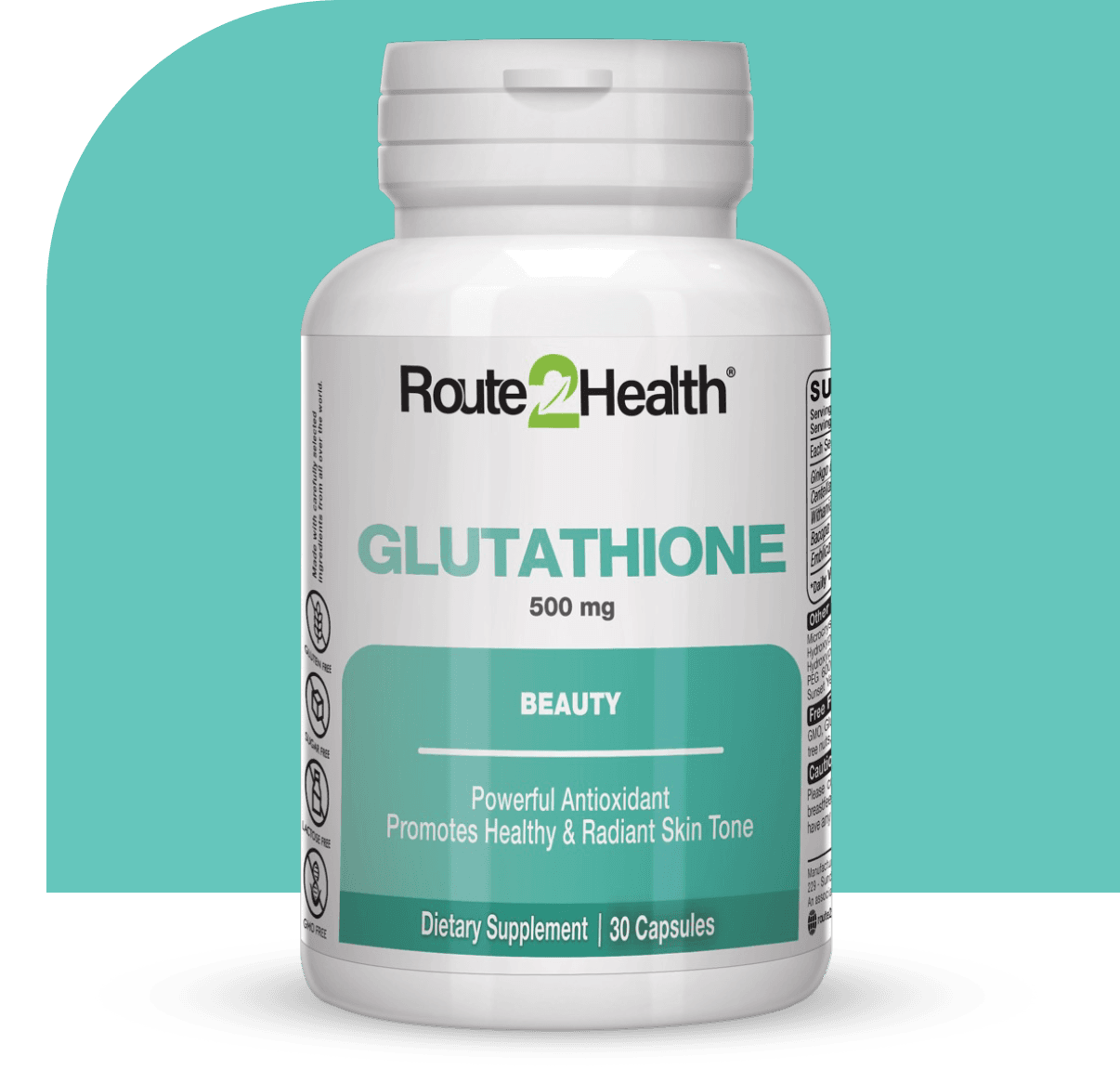


Product Info -
Nutrition & Ingredients +
Serving Size: One (1) Tablet, Each Tablet Contains:
Vitamin C
50 mg
Vitamin E
15 IU
Biotin
0.3 mg
Magnesium (as Magnesium Oxide)
125 mg
Zinc (as Zine Sulfate)
7.5 mg
Manganese (as Manganese Bisglycinate)
1 mg
Chromium Glycinate
0.0067 mg
Banaba Extract
25 mg
Fenugreek Extract
50 mg
Bitter Melon Extract
50 mg
Licorice Extract
50 mg
Cinnamon Extract
50 mg
Gymnema Extract
50 mg
Yarrow Extract
25 mg
Cayenne Extract
10 mg
Juniper Berry Extract
25 mg
White Mulberry Extract
25 mg
Vanadium (as Vanady Sulphate)
0.2 mg
Alpha Lipoic Acid
30 mg
L-Taurine
25 mg
Instructions +
Reviews +
PRODUCT BENEFITS

Helps Control Blood Sugar

Improves Cardiovascular Health

Improves Immune Function
HELPING YOU CONTROL YOUR BLOOD SUGAR
Diabetes Support
Cardiovascular Health
Immune Function

Product FAQs
What is the importance of vitamin C and Vitamin E in diabetes?
In diabetes, free radicals are formed as a result of glucose oxidation, protein glycation, and subsequent protein degradation. High levels of free radicals, combined with a reduction in antioxidant enzymes, cause cell damage, enzyme inactivation, and lipid peroxidation. Vitamin C and Vitamin E are important antioxidants that are essential for protection against the damage caused by free radicals.
What are the side effects of sugar medication?
If taken in the prescribed amount, there are no side effects of Glucoroute.
What is the importance of Biotin in diabetes?
Biotin is a water-soluble B vitamin. It is known to have a role in assisting enzymes to break down fats, carbohydrates, and proteins in food. Biotin is also known to lower glucose levels and improve tolerance to glucose and insulin resistance.
What is the importance of magnesium in diabetes?
Type 2 diabetes is frequently associated with both extracellular and intracellular magnesium (Mg) deficits. Low dietary magnesium intake may be related to the type 2 diabetes and metabolic syndrome. Magnesium level has been shown to be inversely related to insulin sensitivity. Magnesium supplementation may improve insulin sensitivity as well as insulin secretion in patients with type 2 diabetes.
What is the significance of Zinc in diabetes?
Zinc appears to have insulin-like effects. Zinc deficiency is linked to poor glycaemic control and some diabetes complications. Zinc aids in the proper functioning of lipid and glucose metabolism, and zinc supplementation has been shown in numerous studies to improve glucose levels. Healthy zinc levels are likely to play an important role in insulin release and action to maintain glucose homeostasis and lower diabetes risk.








